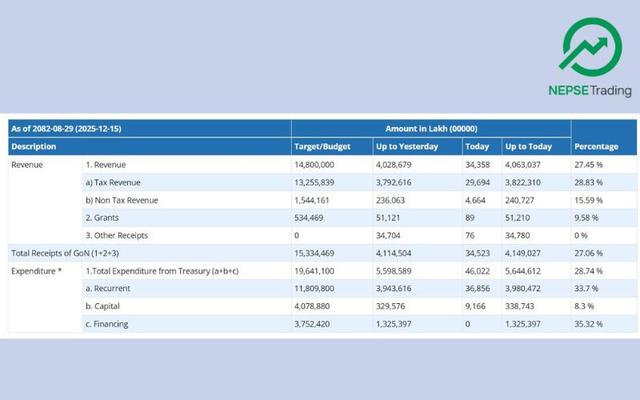SBAN Proposes Regulatory Reforms to Modernize Nepal’s Securities Market
Author
NEPSE Trading

In a recent meeting held at the Securities Board of Nepal (SEBON) office in Lalitpur, officials from SEBON and representatives from the Stock Broker Association of Nepal (SBAN) discussed the need to expand and streamline securities brokerage services in Nepal. Following the discussions, SBAN formally submitted a comprehensive proposal urging SEBON to amend the Securities Businessperson Regulations, 2064. The proposed changes are aimed at eliminating regulatory bottlenecks and creating new growth opportunities for the country’s evolving capital market.
A major recommendation from SBAN is the relaxation of ownership restrictions under Rule 7(1). The Association has suggested that companies with over 51% ownership by a financial institution should still be allowed to operate as securities dealers or brokers under defined regulatory conditions. This proposal is intended to encourage greater institutional participation in the capital market. Regarding capital requirements, SBAN has recommended maintaining the current paid-up capital thresholds as classified in fiscal year 2080/81, while requesting that the deadline for compliance be extended until fiscal year 2084. This move is intended to alleviate financial pressure on brokers who have already aligned with existing standards.
SBAN has also called for an expansion of services allowed under Rule 27. The Association advocates for the inclusion of custodial and depository services, portfolio management, market-making activities, mutual fund management, investment advisory services, as well as proprietary and margin trading within the scope of broker operations. Furthermore, it has suggested that brokers be permitted to serve their own shareholders, key employees, and immediate family members, provided that such activities are subject to full disclosure and regulatory oversight to maintain transparency and prevent conflicts of interest.
Another important component of the proposal is SBAN’s push for brokers to play a role in the primary market. This includes participating in underwriting and contributing to market stabilization during public share issuances—functions considered critical to the development of a robust primary market. Additionally, to promote transparency and regulatory compliance, SBAN has proposed that all insider transactions be reported to SEBON within seven working days.
SBAN argues that the current regulatory framework limits operational flexibility and hinders innovation among licensed brokerage firms. Many firms are unable to fully utilize their resources or diversify their services due to outdated rules. By aligning regulations with international standards, the proposed reforms aim to improve service delivery, attract more investors, and build trust in the securities market. The Association has urged SEBON to review and adopt the proposed changes promptly, emphasizing that these amendments are essential for the sustainable development and modernization of Nepal’s capital markets.



